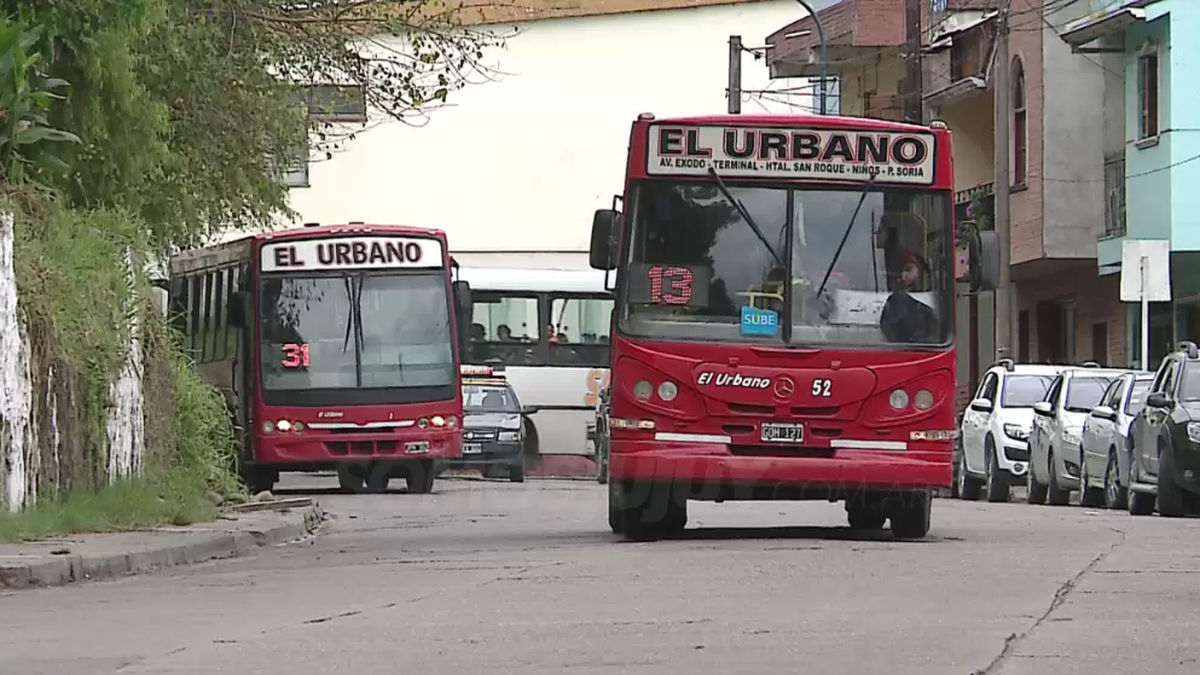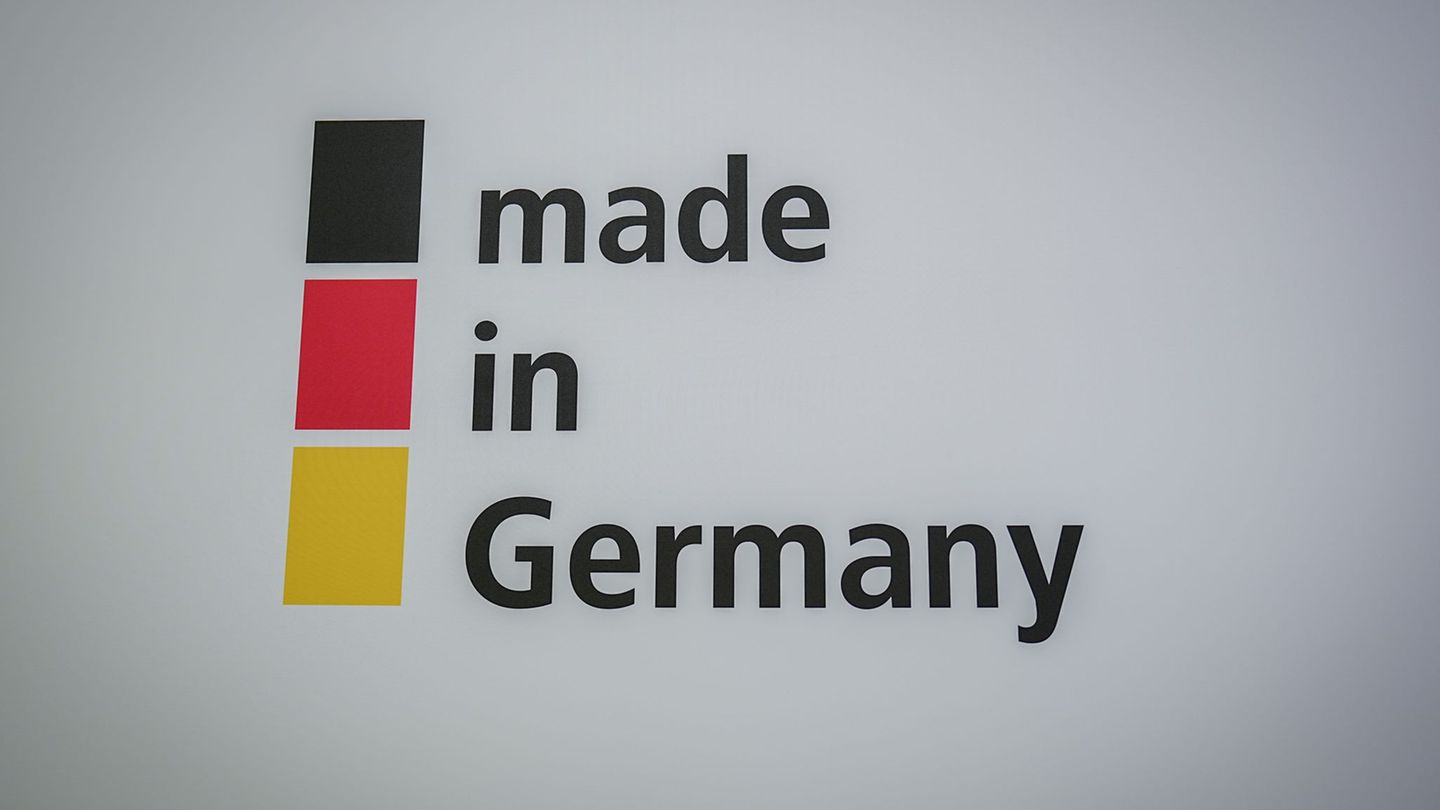At the start of the year, requests were renewed from public passenger transport businessmen in the provinces to increase the value of the minimum ticket, which could open a new front of conflict for some governors and mayors because, on the other hand, salaries are almost frozen. Furthermore, the Nation’s elimination of the transportation subsidy persists and the attempt by the Federal Network of Mayors (RFI) to modify the fuel tax to create a fund to balance the bus fare has so far failed. In Jujuy and Tandil (Buenos Aires) new minimum values are already in force, in Posadas (Misiones) the increase has already been authorized and would become effective in the coming days; In Santa Fe the same thing would happen before the end of the month, while the Government of the City of Buenos Aires determined that bus, subway and toll rates will increase by 10% starting in March.
In Jujuy, the secretary of Transportation of the province, Pablo Giachinosaid in an interview: “We authorized, at the request of the Chamber of Transportation, an increase of 4%. This has to do with two fuel increases that occurred since the last setting of rates and also due to the evolution of the salaries of the drivers”. “The percentage of the increase has to do with the slowdown in inflation but costs continue to increase, although to a lesser extent, and that allows us to adjust rates by 4% every two months,” he concluded. Thus, Taking the capital of Jujuy as a reference, the cheapest ticket is $2,400, to Perico, and the most expensive is $17,200, to the tourist town of Iruya.
In Tandil, Buenos Aires, a new fare schedule for public passenger transportation has been in force since January 1, adopted based on an ordinance approved by the Deliberative Council and published in the Official Municipal Gazette on December 12. The body’s decision for the increase took as reference the last two reports of 2024 from the National Institute of Statistics and Censuses (INDEC). In the same ordinance it was established that from March 1 there will be another increase that will also have as reference points the INDEC inflation data for January and February of this year. Since the first minute of this year, the flat ticket in Tandil costs $1,146.62, the worker ticket costs $917.30; that of retirees, pensioners, beneficiaries of non-contributory pensions and veterans of the Malvinas War, $917.30; the university, $917.30; the primary went to $206.39 and the secondary to $573.31.
In the case of Posadas, Misiones, the Executive Coordinating Commission of the Integrated Metropolitan Transportation System made official this week the increase in the ticket, which also covers routes from the capital to Garupá and Candelaria. The organization justified the increase in “the impact of inflation on the operational costs of the service, such as fuel, supplies and maintenance, and seeks to guarantee the continuity of the transportation system.” Rates vary depending on whether you use the Missionary Sube system, the QR or pay in cash, reflecting a significant difference between both payment methods. Although the date from which the increase will take effect has not been defined, it is expected to be before the end of January.
Thus, The ticket for users who use the SUBE missionary system, similar cards or static QR codes will cost $1,050. For those who do not have this system, the price will be $1,400. While in Garupá and Candelaria, the rates will be $1,120 with the electronic system and $1,500 with cash.
By Santa Fe
On the side of the city of Santa Fe, the capital of that province, Mayor Juan Pablo Poletti confirmed that the municipality agreed to the businessmen’s request to raise the cost of the ticket to $1,573. He warned, however, that the municipality will raise some demands, such as that there be units that connect the east with the west and others that enter the area of the Port of Santa Fe and the area of dance venues. “We are talking, we will take the necessary time, we are not going to delay it but we are not going to set deadlines because we have to analyze by moving the numbers first to see if it corresponds; second, if it corresponds in what magnitude and third, how we will work on the table of discussion,” explained the municipal chief in contact with the press.
For its part, Autobuses Santa Fe reported that the latest cost study, from December 2024, determined that the technical price of the ticket should be $1,573 to cover operating expenses. The sector warned about the economic difficulties that the system faces due to the increase in input costs and the uncertainty in joint negotiations.
In CABA
The Government of the City of Buenos Aires determined that bus, subway and toll rates will increase by 10% starting in March. He also called three public hearings to discuss these fare tables that place the minimum bus fare at $408 for those who have a registered SUBE Card.
The information about these increases was communicated through decrees 403, 404 and 405 of the Ministry of City Infrastructure, which were published in the Buenos Aires Official Gazette. Public hearings to discuss the new rates will be held on February 6, 7 and 10. The minimum bus fare, which since August 2024 had a cost of $371.13, will rise to $408.24 in March.
Counterpoint
In recent days, the Minister of Economy of the Nation, Luis Caputodemanded that the provinces implement measures so that their mayors adjust municipal rates. Faced with this, the mayor of Escobar, Buenos Aires, Ariel Sujarchukresponded to him by X and invited him to “put aside the bravado and attacks.” “Let’s do politics thinking about our people: the people of Buenos Aires need the municipalities, province and Nation to work together to improve our quality of life,” he said and proposed: remove 12% of the fuel tax and the municipalities withdraw the road tax , which is around 1%. Remove VAT from waste collection. Municipalities pay more VAT on public works than companies. “With his signature we save 10.5%,” said Sujarchuk.
Embed – https://publish.twitter.com/oembed?url=https://x.com/ArielSujarchuk/status/1877731025465307289&partner=&hide_thread=false
Minister @LuisCaputoARlet’s put aside the bravado and attacks. Let’s do politics thinking about our people: Buenos Aires residents need municipalities, provinces and the Nation to work together to improve our quality of life. There are some proposals. I open thread.
— Ariel Sujarchuk (@ArielSujarchuk) January 10, 2025
federal order
Precisely the fuel tax is one of the issues that the Federal Network of Mayors (RFI) made its own, made up of municipal heads from the provinces, who brought their claims against the Nation last year to Congress for the removal of transportation subsidies. of passengers. In parallel, as Ámbito reported, they presented their own bill that proposes modifications to the fuel tax with the aim of creating a fund to balance the bus fare. The mayors met with the members of the Transportation Commission, chaired by the Mendoza Pamela Verasay.
The bill contemplates the creation of the Federal Compensation Fund for Public Transportation Systems for Urban and Suburban Passengers in the interior of the country “with the objective of guaranteeing an equitable and federal distribution of fare compensations and strengthening service systems public motor vehicle transportation of passengers in urban and suburban areas under municipal and provincial jurisdiction”.
According to the document, the mayors have two purposes. The first, “compensate the increases in costs incurred by public passenger service companies by automobile of an urban and suburban nature under municipal and provincial jurisdiction, with the exception of the Autonomous City of Buenos Aires and the Buenos Aires metropolitan area. The second, contribute to the purchase and renewal of the vehicle fleet.
Despite the informal promises of officials and opponents to address the issue and make it advance in Deputies and Senators, the discussion on the initiative is paralyzed, with little possibility of progress during 2025, it was indicated. Some of the community leaders that make up the network are Armando Molinamayor of La Rioja; Damian Bernartefrom San Francisco (Córdoba); Daniel Passerinimayor of Córdoba; Eduardo Accastellofrom Villa María; Emiliano Durandfrom Salta capital; Gustavo Saadifrom San Fernando del Valle de Catamarca, and Jorge Jofrefrom Formosa. They also integrate Guillermo De Rivasfrom Río Cuarto; Juan Pablo Polettifrom Santa Fe; Luciano Di Napolifrom Santa Rosa (La Pampa); Marcos Castrofrom Viedma; Mariano Gaidofrom Neuquén; Pablo Javkinfrom Rosario (Santa Fe), and Raul Jorgefrom San Salvador de Jujuy, among others.
Source: Ambito




